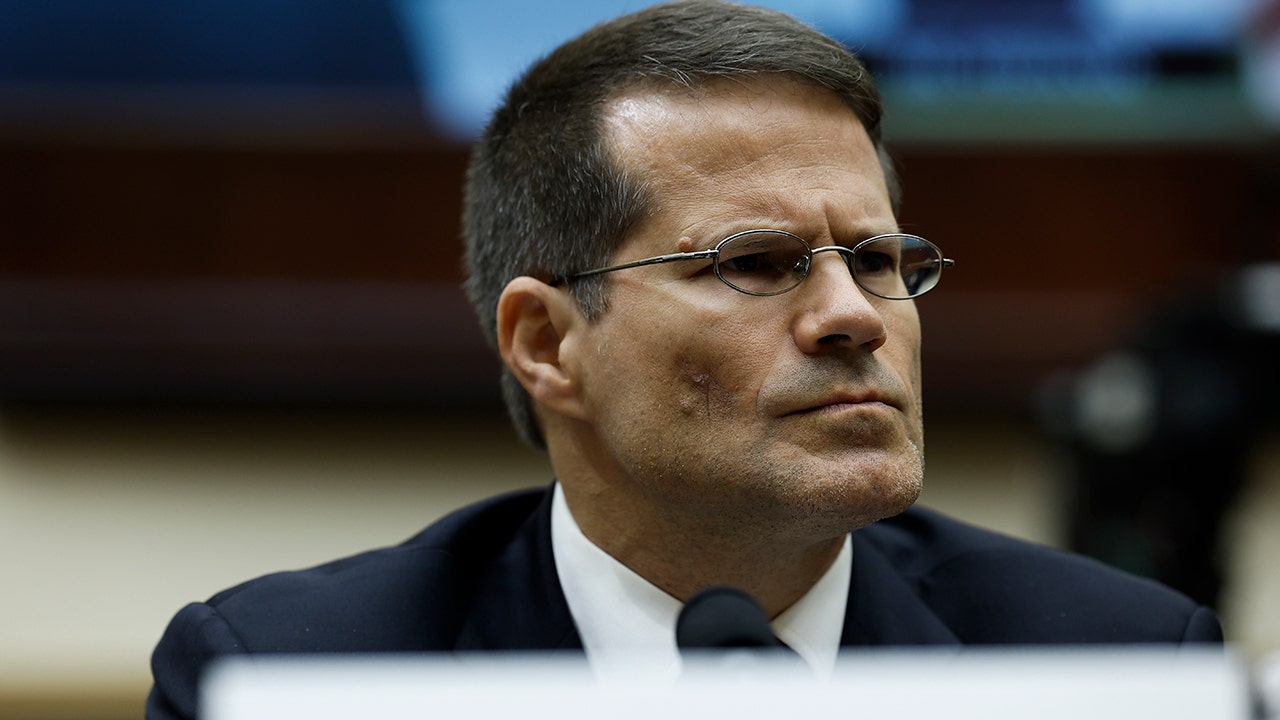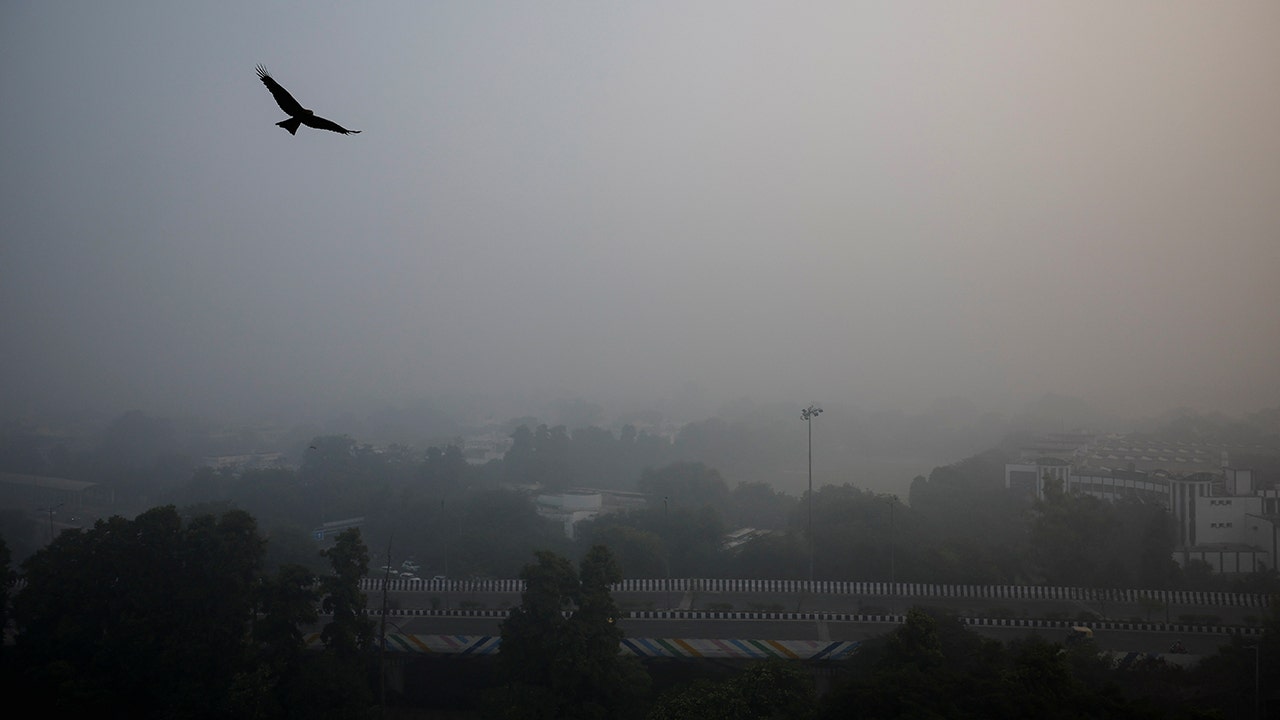With the concession of his main rival, a young political outsider backed by a powerful opposition figure has won a surprise outright victory in Senegal’s presidential election only 10 days after being released from jail.
Bassirou Diomaye Faye is the anointed candidate of Senegal’s popular and controversial opposition politician Ousmane Sonko. Mr. Faye’s main rival, the governing party candidate Amadou Ba, conceded in a statement congratulating his rival on Monday for winning in the first round.
Mr. Faye, who celebrated his 44th birthday on Monday, will become the West African country’s youngest ever president. He had been jailed on charges of defamation and contempt of court, and was awaiting trial.
“I wish him a lot of success, for the well-being of the Senegalese people,” Mr. Ba said in a statement released Monday afternoon that addressed Mr. Faye as president.
The national electoral commission has not yet announced the tally, but Mr. Ba’s concession followed reports by local media that Mr. Faye had won more than 50 percent of the vote, ruling out a runoff.
Mr. Faye and Mr. Sonko have captivated young people by excoriating political elites, pledging to renegotiate contracts with oil and gas companies, and promising “monetary sovereignty” — Senegal is one of 14 countries that use the CFA, a currency pegged to the euro and backed by France.
Mr. Ba, who stepped down as prime minister in order to campaign, was backed by Senegal’s president, Macky Sall. Mr. Sall had served two terms and for years refused to say whether he would try for a third. He threw the country into chaos when he suddenly called off the election, which was supposed to happen in February, and then, almost as suddenly, changed course.
Residents of Dakar, Senegal’s coastal capital, began celebrating at 8 p.m. on Sunday, before many polling stations had even had a chance to count the contents of their ballot boxes. People danced, waved flags, and piled into cars and onto motorcycles, sounding a cacophony of horns and shouting “Get out, Amadou Ba!” as they raced through the streets.
And at midnight, supporters began to sing “Happy Birthday” to Mr. Faye, who has gone from obscurity to winning the presidency in a few short months.
But Mr. Faye was not the only winner. Many Senegalese casting their ballots for him saw him merely as a proxy for Mr. Sonko, the fiery orator who was jailed and barred from running, and who anointed Mr. Faye in his place.
Mr. Faye is a former tax collector who was jailed on charges of defamation and contempt of court, after he accused magistrates of persecuting Mr. Sonko, who was himself convicted of defamation and, separately, of corrupting a minor, after he was accused of raping a young massage parlor employee.
Mr. Sonko has been keen to emphasize that a vote for Mr. Faye, known to many as Diomaye, was a vote for him.
“Diomaye is Sonko,” read ubiquitous posters bearing the two men’s youthful, glowing faces.
The election Sunday unspooled peacefully, with many voters arriving early at polling stations and lining up quietly to cast their ballots.
It was in stark contrast to the previous two months, during which it was often unclear whether the election would take place at all.
In early February, Mr. Sall stunned the nation when he called off the election, saying that there were allegations of corruption that needed investigation at the constitutional council, the country’s highest court.
Then the police occupied Parliament, throwing out opposition lawmakers so that legislation confirming Mr. Sall’s decision could be pushed through. The presidential election was postponed until December.
In the uproar that followed, the constitutional council ruled the delay unlawful, and Mr. Sall performed a U-turn. He agreed to hold the election quickly, and even released Mr. Sonko and Mr. Faye from jail, allowing them a quick-fire 10-day campaign.
Many observers saw the turn of events as proof of the resilience of democracy in Senegal, a country in a tough neighborhood. A string of West African countries — like Niger, Burkina Faso, Guinea and Mali — have experienced coups in recent years, and Senegal has been held up as an outpost of democracy and relative political stability.
Over the past five years Mr. Sonko has grown his following significantly by excoriating Senegal’s political elites and evoking the vague but charged concept of “sovereignty,” aiming his rhetoric at Senegal’s abundant youth — half of the population is under 19.
And the youth have responded. Thousands have taken to the streets in support of Mr. Sonko, dozens of them losing their lives at the hands of the police.
West Africa has seen other young men take the helm of government in recent years — in Burkina Faso, Mali and Chad. But they have taken power by force.
Opposition candidates conceded one by one Sunday night through to Monday, congratulating Mr. Faye.
Mr. Ba’s camp initially insisted that the result would at worst be a runoff. But by Monday afternoon, he had conceded.





